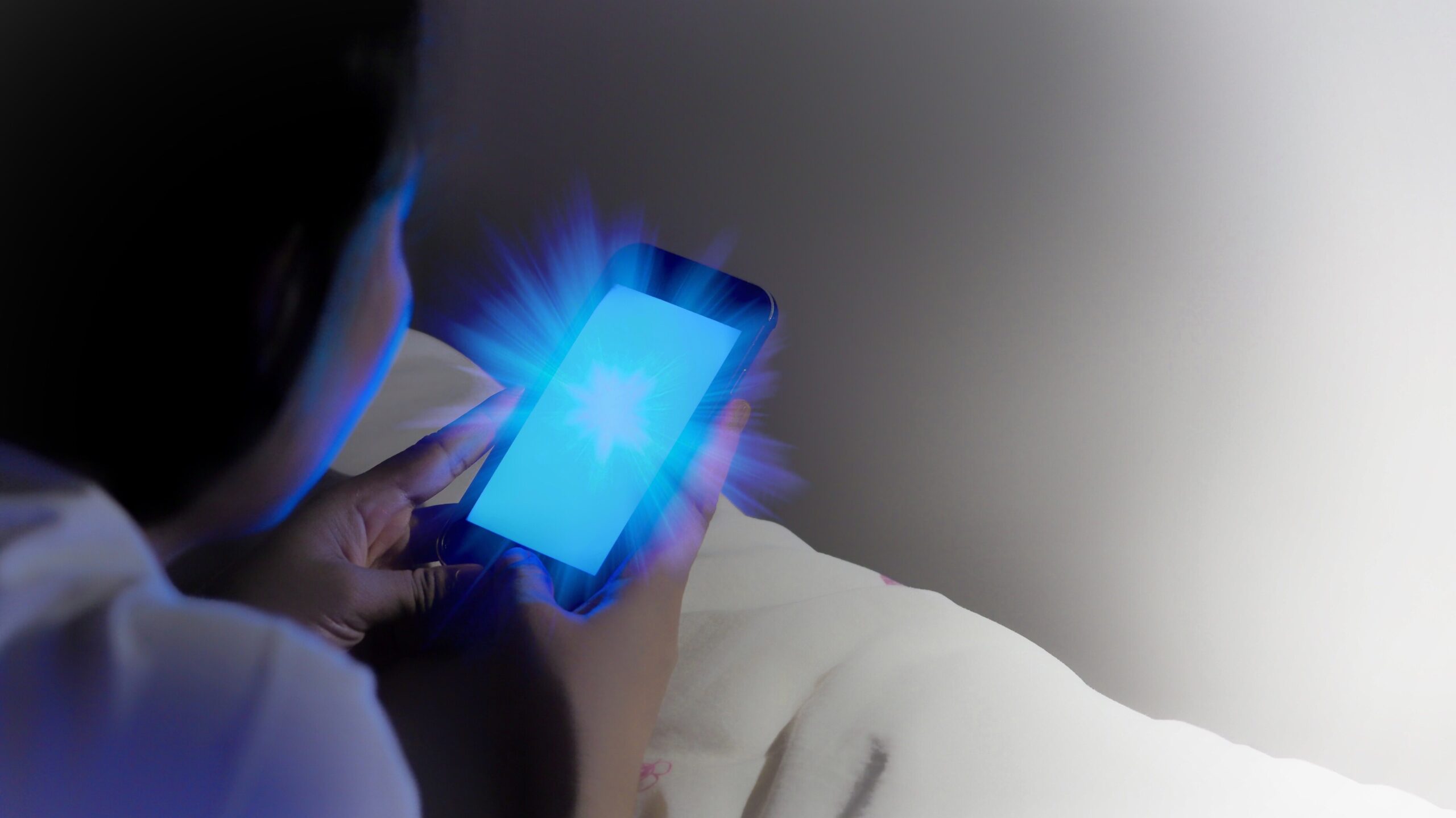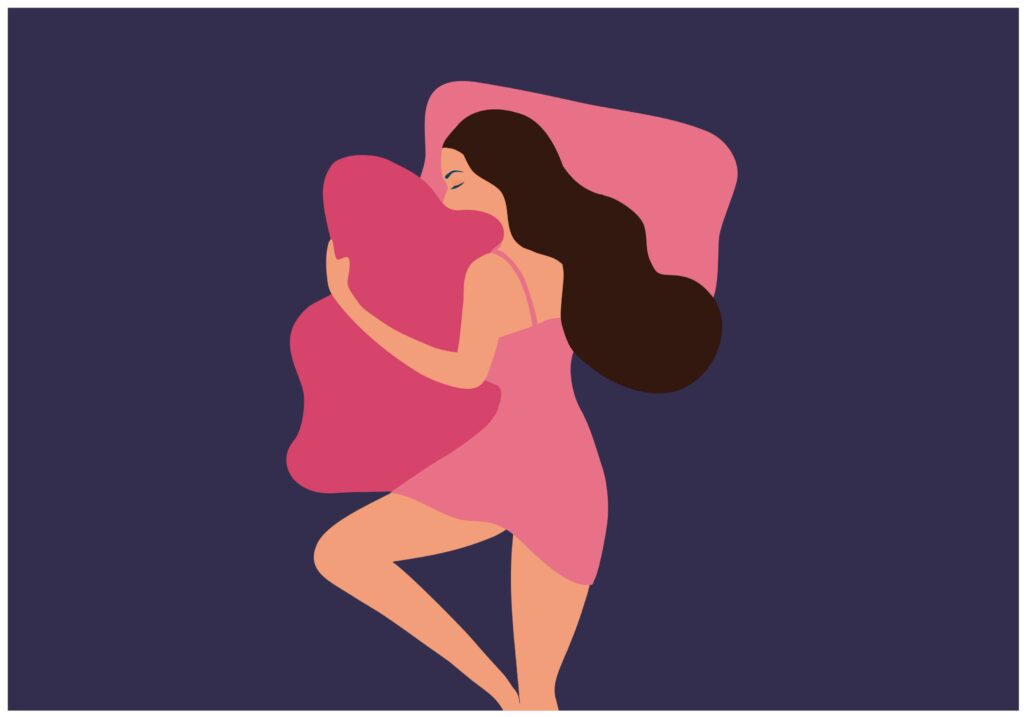
Gabriel Gonzalez
Student Life Editor
Well? Have you? Research suggests that, on average, you probably aren’t. Studies have shown that student populations nationwide get fewer than seven hours of sleep a night, which is markedly less than recommended by health institutions. The CDC (Centers for Disease Control and Prevention) recommends seven or more hours of quality rest a night. It may seem that those 40 minutes you stayed up were nothing, but they have a huge effect. According to the National Academy of Sciences, a study on student rest determined that for every hour of “lost total average nightly sleep” in the first month of a semester, there was a 0.07 GPA reduction by the end of the term. (Though the acts resulting in lost sleep like staying up playing games, or partying, or being generally rambunctious may add to the effect, sleeping for only five or six hours a night is not good for you).
You can just catch up though, right? Wrong! “Catch-up” sleep is a myth according to Current Biology. Those extra hours of rest you manage to get on the weekend are “insufficient sleep” marked by an increase in energy intake after meals and weight gain due to your disrupted internal metabolic regulation system. “Recovery sleep”, the kind that gets you back on track, or REM sleep is best achieved through consistent and consecutive nights of extra rest—not enough to fit into a weekend.
Now where does that leave us? Without sleep, probably. So what do we do about it? Luckily, there are hundreds of ways to create and maintain good sleep habits and schedules, even as an overworked, stressed and poor college student.
The easiest solution is usually the simplest: Give yourself a bedtime. Hey, don’t laugh. I’m serious! I know you aren’t a child, and the term “bedtime” might make you think I’m treating you like one, but setting out clear times for rest is invaluable. Let me say this, however. I get made fun of for it. I work at 4 a.m., so I have to be up by 3 a.m. to get ready and drive over. This means that if I want those seven precious, life-giving hours of rest, I need to be in bed by 8 p.m.—like an old person. The amount of shit I’ve gotten for that should’ve been enough for me to push my bedtime back and say to myself that I don’t need that extra hour; but it would be a lie. Every night before work, I go to bed when I set out to, and I wake up well-rested thinking, “Worth it.” Give yourself a schedule and follow it. Consistent and consecutive rest is the key to recovery sleep.
Got a blue light filter? Flip it on. Blue light, commonly found in smartphones, messes with your circadian rhythm, the body’s natural clock, according to VisionCenter. And it isn’t good for your eyes. I know we (I do it too) can’t resist watching the last YouTube video, TikTok post (I don’t use that), or Instagram reel. I get it. But if you can’t resist the urge, flip that filter on. It takes two seconds.

Limit daytime naps. Silly billy, sleeping is for the night! The time you spend sleeping during the day, you take from your sleep at night. It isn’t just the hours of sleep you get, but how much sleep you can get in a row. If you absolutely need to nap cut it to an hour, and avoid napping late in the day.
And lastly, try not to sweat the small stuff. It’s tomorrow’s problem. And if it can’t be, solve it before you go to bed. Whether it’s an upcoming assignment, or an issue at work, or a fight with a significant other, or money issues; it’s best not to go to bed thinking about it. Rest means rest. Not only for your body but for your brain. All worrying will do is keep you up, depriving you of both.
Now this is where I’ll leave you. It’s time for bed, after all, and I have work tomorrow.

